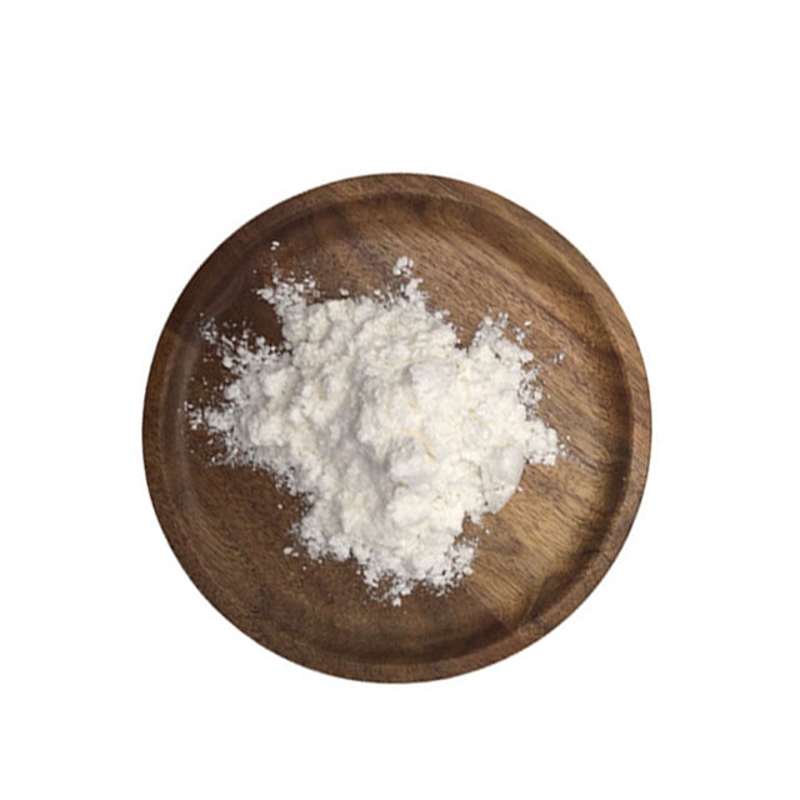-
Categories
-
Pharmaceutical Intermediates
-
Active Pharmaceutical Ingredients
-
Food Additives
- Industrial Coatings
- Agrochemicals
- Dyes and Pigments
- Surfactant
- Flavors and Fragrances
- Chemical Reagents
- Catalyst and Auxiliary
- Natural Products
- Inorganic Chemistry
-
Organic Chemistry
-
Biochemical Engineering
- Analytical Chemistry
- Cosmetic Ingredient
-
Pharmaceutical Intermediates
Promotion
ECHEMI Mall
Wholesale
Weekly Price
Exhibition
News
-
Trade Service
Only for medical professionals to read and refer to the personalized treatment of IBD is just around the corner
.
This year, the 9th Asian Inflammatory Bowel Disease Conference (AOCC) was opened in Guangzhou from October 14th to 16th.
As one of the most high-profile conferences in the field of Inflammatory Bowel Disease (IBD), AOCC once again convened the world’s most outstanding conferences.
Of experts and scholars in the field of IBD, bringing together the latest developments in various fields of IBD prevention, diagnosis and treatment, rehabilitation and nursing
.
On the second day of the conference, Professor Laurent Peyrin-Biroulet from France made a speech at the conference, putting forward personal opinions and providing valuable experience on personalized treatment of IBD
.
What is personalized treatment? As early as 1903, William Osler, the father of modern medicine, had put forward the concept of personalized treatment.
He said: "Good doctors treat diseases, and excellent doctors treat patients
.
" In recent years, phenotypic groups have been included but not limited to.
With the development of science, proteomics, genomics, and metabolomics, today's treatment has gradually entered an era of targeted medications for patients with characteristic changes from the previous era of "one drug goes the world"
.
IBD is a very complex type of disease caused by multiple factors.
Therefore, standardized diagnosis before treatment and medication based on differentiated characteristics will undoubtedly increase the response rate of patients to treatment
.
In trouble? You can sort it out from scratch! Although there are many basic researches involving the exploration of the mechanism of IBD, there are still only a handful of therapeutic targets that can be transformed
.
This requires us to jump out of the current predicament and rethink from which angles we can solve the problem
.
First, although the Human Genome Project has mapped out the human genome and identified the genes contained therein
.
However, IBD-related genes only account for 1%-2% of the human genome, and the remaining 98%-99% of the DNA sequence is still unclear.
It is currently believed that they have a very important regulatory role
.
The difference in this part of DNA may be related to the occurrence and development of the disease
.
Secondly, each person's life>
.
To understand the impact of the above factors on IBD, a large-scale population-based epidemiological study is inevitably needed, and the population needs to be carefully stratified and long-term follow-up in the research
.
In addition, as mentioned above, the vigorous development of phenotyping, proteomics, genomics, and metabolomics has allowed humans to understand diseases more and more thoroughly, but we must be sure that understanding diseases from a single omics is also biased
.
Therefore: re-doing the integration of omics from the molecular reduction theory, and further studying the interaction of different omics in the physiological and pathological states may give us more inspiration
.
All the above opinions are derived at the human brain level.
With the continuous development of artificial intelligence (AI), we can start with the standardization of massive data, and continue to explore the possible markers of personalized treatment as AI continues to mature.
Things
.
It can be seen that the future will not be too far, "New England Journal of Medicine" published an article that: Individualized treatment is expected to become a means of curing tumors and metabolic diseases and other diseases
.
A paper published in "Nature Medicine" proposed: Oncostatin M can predict the effect of anti-tumor necrosis factor (TNF) treatment
.
The researchers tested the patient's blood pressure oncostatin M level before applying infliximab to the patient, and continued to follow up the patient's response to the drug after the drug
.
The results show that high oncostatin M levels are associated with recurrence, partial response, and refractory ulcerative colitis (UC); in addition to oncostatin M, some researchers believe that low TREM1 levels in whole blood are also associated with IBD anti-TNF treatment response Poorly related; in addition to protein, there are also researchers studying the effects of genes, MicroRNA, intestinal and fecal flora and drug reactions
.
However, it should be noted that the above conclusions are still in the research stage.
To become clinically referenceable indicators, higher-quality evidence and the introduction of multi-center clinical trial verification are required so that the conclusions can be repeated in a larger population
.
But at least, we now have a new direction
.







